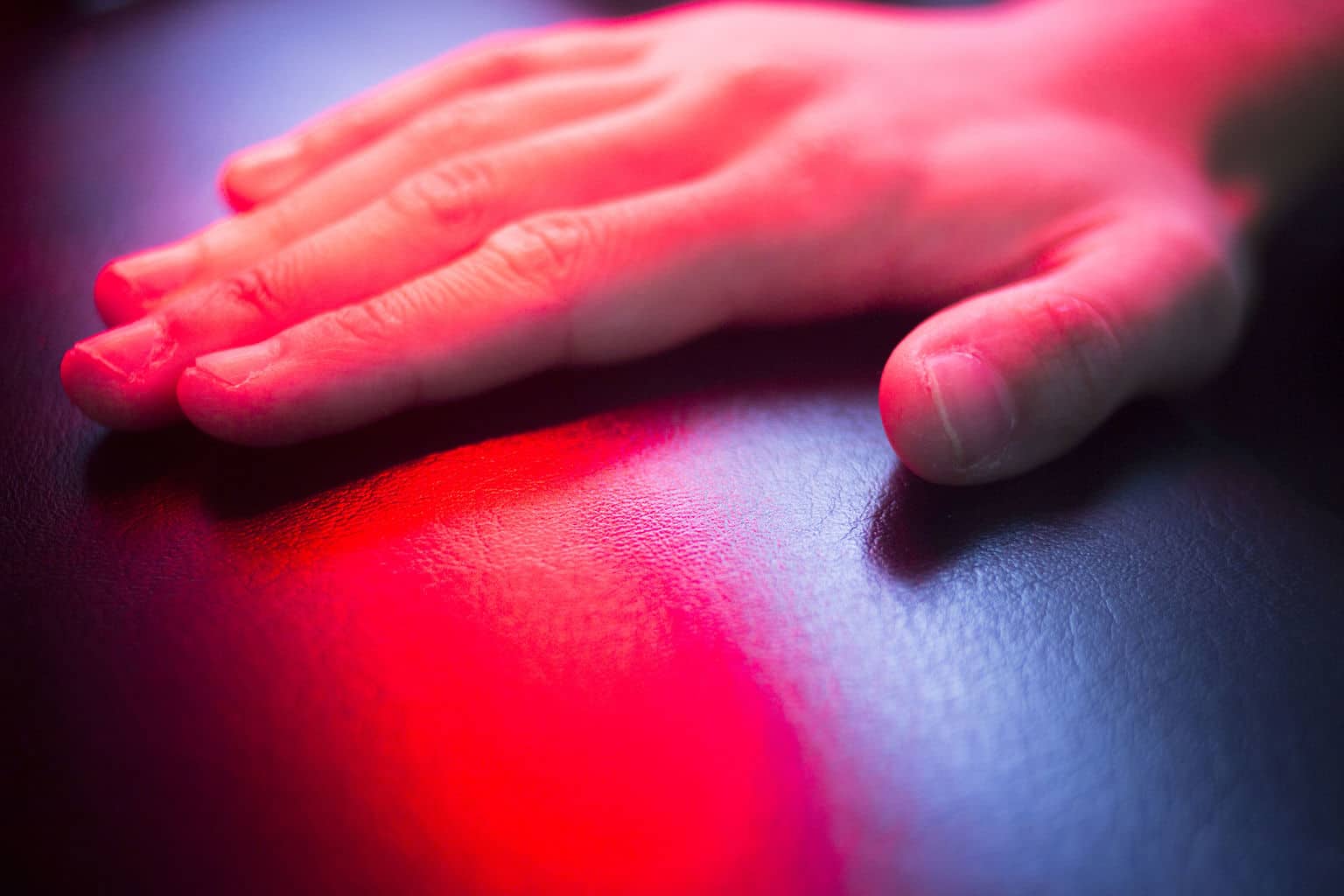
As you may know, I’m a huge fan of red light for treatment for nearly everything that ails you.
Here’s one of many studies showing the value of intensive red light therapy.
In this case, the researchers used rabbits for the experiment.
Rabbits have a cholesterol metabolism that’s very similar to human beings cholesterol metabolism.
The researchers in this study gave rabbits high cholesterol and hardening of the arteries.
This caused:
severe plaques formation covering 57.5% of the arterial walls.
And severe plaques are a symptom of a clogged artery.
Then researchers tried a common statin drug, lovastatin.
Lovastatin is Merck’s statin called Mevacor.
Lovastatin markedly reduced both the cholesterol and LDL, but the reducing effect (47.5%) on atheroma formation was relatively low.
Here’s a note that for one second before we go on with the study.
The statin drug lowered cholesterol and lowered LDL levels.
BUT it didn’t do much to reverse the plaque that had accumulated in the arteries.
So in the end, the statins didn’t touch the dangerous plaque deposits at all.
It’s the same with people.
Statin drugs are highly dangerous in my opinion.
And they do not reverse clogged arteries.
Which means that they’re reducing cholesterol you need to build hormones.
But statins aren’t doing ANYTHING to help reverse clogged arteries.
So, can plaque in arteries be reversed?
Let’s move on to the rest of this rabbit study.
The researchers gave a group of rabbits five minutes of red light therapy.
They used light that includes red and infra-red light (400-760 nm).
It’s all visible light, so the light was polarized for greater effect.
The light therapy lowered LDL cholesterol — AND it removed the artery-clogging plaque.
20 minutes of light therapy (per day) was superior to lovastatin in reducing both the cholesterol and LDL levels as well as the plaque formation (26.4%).
The study acknowledges that the statin drugs can cause liver toxicity.
But the light therapy actually helped the liver!
The authors believe that light therapy works by improving blood flow.
And it does it without adverse effects such as liver toxicity!
Therefore, it is suggested that light therapy could be an alternative therapy for the improvement of high cholesterol and prevention of artery disease.
The best part is that this is easily accessible to anyone who wants to try it.
It’s easy to do this type of therapy at home.
You have to make sure that you’re using the right type of red light, right intensity, and exposure time.
But when you get it right, the difference is tremendous!
You can clear clogged arteries, and improve your health so many other ways!
Now we know it also helps to fix cholesterol and artery hardening problems.
It can even reverse plaque in arteries better than medication.

https://www.ncbi.nlm.nih.gov/pmc/articles/PMC3315201/

I don’t understand why you tell us about studies without citing them, so your statements can be verified. Never heard of someone writing about a work without a citation.
every article is fully cited. See the bottom of the article.
love this, where can i find the rull research paper please
all cites are at the bottom of the page.